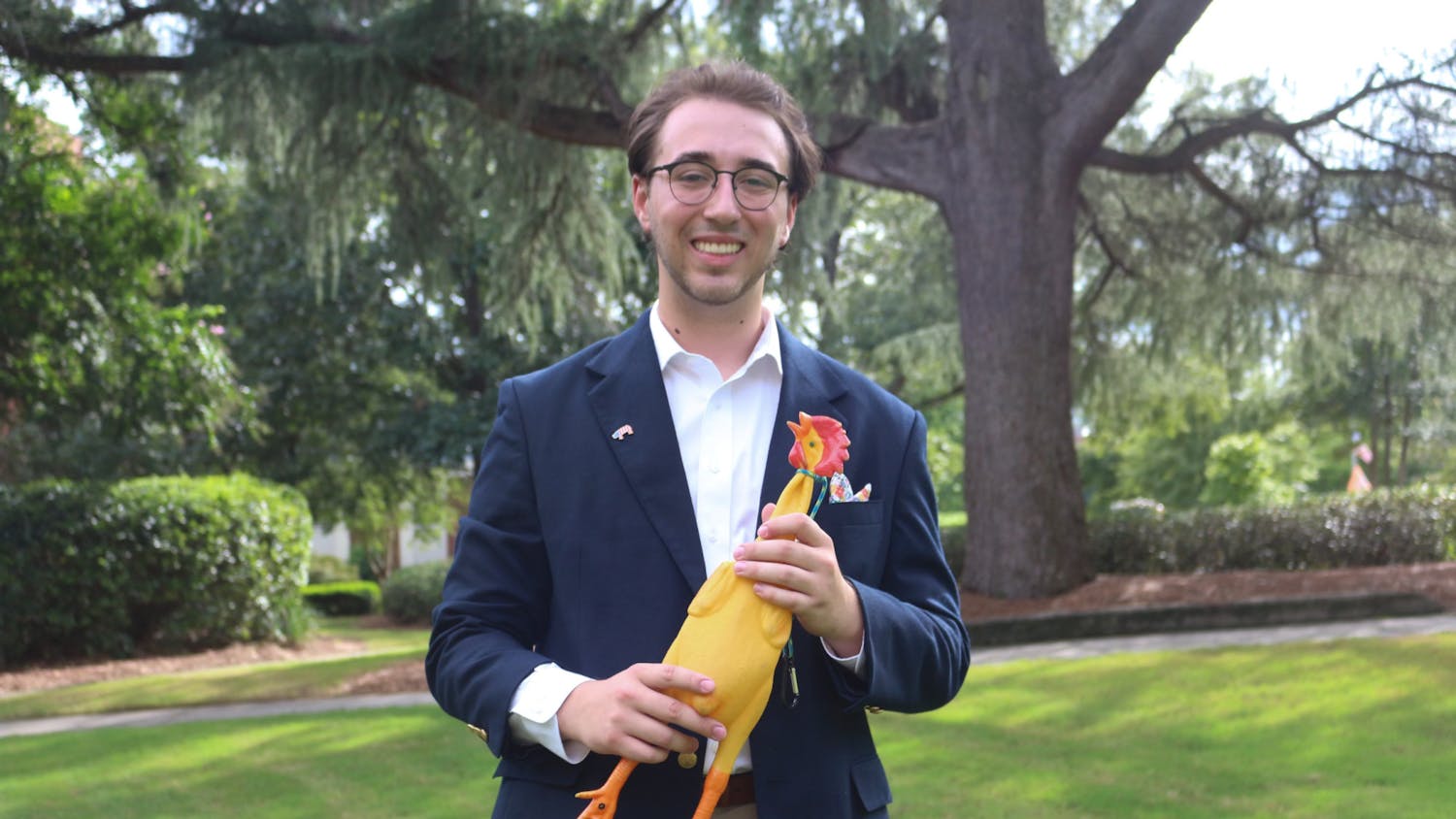Recently, a dark shadow has been cast over Greek communities since the death of Maxwell Gruver at Louisiana State University. Gruver died in a fraternity house on Sept.14 following a night of hazing.
According to Louisiana-based newspaper “The Advocate, ” Gruver had been part of a fraternity hazing event for pledges known as “Bible Study” the night before. This two-hour event began with the pledges having hot sauce and mustard poured on them in the dark. They were then questioned about their fraternity history, with each wrong answer earning them multiple swigs of 190-proof Diesel liquor. Gruver’s blood alcohol level reached .496, which is more than 6 times the legal limit. This left him incapacitated and he then suffocated to death the next morning, faceup on the fraternity house’s couch, from his lungs filling up with his own vomit.
But this is not the only incident.
Timothy Piazza
Piazza died Feb. 4, two days after finishing a new member event known as “The Gauntlet.” Fraternity members forced Piazza and other pledges to drink excessively. Piazza consumed 18 drinks in under 90 minutes. He then fell 15 feet down a flight of stairs, head first. After multiple more falls, he suffered from a fractured skull and lacerated spleen, which caused fatal abdominal bleeding.
Charles Terreni Jr.
He died March 18, 2015, in a University of South Carolina off-campus fraternity house from alcohol poisoning. Authorities suspect the amount of alcohol he ingested was not voluntary.
Andrew Coffey
Coffey died Nov. 3 at Florida State University after a fraternity pledge house party. This case is still currently under investigation.
All of these incidents occurred within the past two years.
Whether college campuses across the U.S. want to admit it or not, Greek life has a hazing problem and the consequence has often been death. According to a study by Professor Hank Nuwer, since 1838, more than 200 university students have died from hazing-related accidents, 40 of those occurring in the last decade.
So, what should we do?
Many think the only solution is to shut down Greek life altogether. According to CNN, this is exactly what Florida State University has done. FSU has made the decision to indefinitely suspend all fraternity and sorority events.
While that might stop hazing on campus, it will not stop Greeks from continuing their practices independently. Many Greek organizations started in secret and would have no problem continuing their operations off-campus.
This would not stop hazing, but effectively make it much worse. There would be no one watching, no one preventing it. Even with the small amount of regulation currently put on the Greek community, the fear of being disbanded as an individual organization keeps most fraternities in check, though clearly not all.
Instead, universities should consider other methods of regulation like what we have at Mercer University.
Mercer has a zero-tolerance policy for hazing. As a future member, I have pledged to a sorority on campus and have not experienced any hazing nor have I heard anything from fellow Greeks about being hazed.
A zero-tolerance policy means that if Mercer hears of any possible hazing, they take immediate action. According to an article in The Macon Telegraph in 2010, Alpha Phi Alpha at Mercer had been banned for 3 academic years because of hazing allegations. No one died, no one had proof, but it was still unacceptable to Mercer.
The only way to end hazing is to seriously address the issue.
Instead of only recognizing the problem once someone has already lost their life, college campuses need to take preventative measures. Verbal warnings are not enough. Pretending hazing doesn’t exist is not enough. Hazing is taking lives and it needs to stop now.
Opinion: Is Greek life worth a life?

Members of the Panhellenic Council gather for a photo outside of the Student Union.




